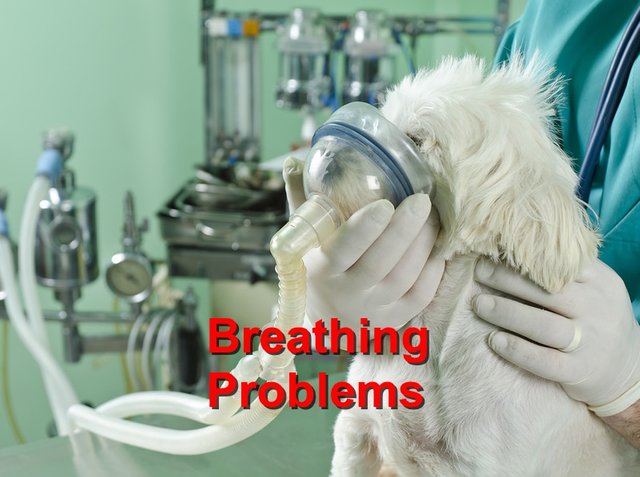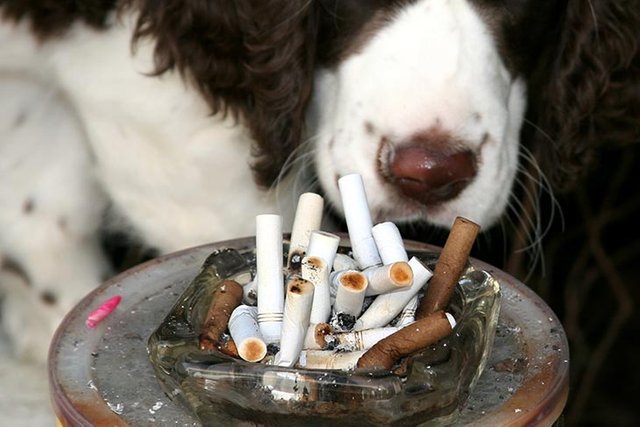Title: "Smoking Doesn’t Just Harm Humans! Discover How It Endangers Your Pets' Health"

Introduction
When we think of the dangers of smoking, our minds often focus on human health. However, what many fail to realize is that this harmful habit also directly affects our beloved pets. Whether you have a cat, a dog, or even birds, the smoke from cigarettes can be just as deadly to them as it is to humans.
What is Secondhand Smoke for Pets?
Secondhand smoke isn’t just limited to inhaling the smoke that rises from a cigarette. It also includes harmful chemical residues that stick to furniture, clothing, and floors. These residues can enter your pet’s body through licking their fur or consuming contaminated food from surfaces.
The Impact of Smoking on Pets' Respiratory Systems
Just as smoking damages the respiratory system of humans, our pets are also not immune to this danger. The effects may take years to show, but the long-term consequences can be severe. Some of the impacts include:
- Asthma and Breathing Problems: Dogs and cats are prone to developing respiratory issues like asthma and bronchitis due to constant exposure to smoke.
- Chronic Coughing: You might notice your pet suffering from a persistent cough or a raspy voice due to irritation in their lungs.
Cancer in Pets Due to Smoking
Long-term exposure to cigarette smoke is a direct cause of increased cancer rates in pets, especially lung cancer. Cats, for instance, are particularly prone to developing mouth cancer because they constantly lick their fur, which accumulates harmful chemicals from the smoke.
Nicotine Poisoning: A Deadly Risk
It may be shocking to learn that cigarette butts and leftovers can cause fatal poisoning in pets. Nicotine is extremely toxic, and if a pet chews on a cigarette or consumes the remains, it can lead to severe symptoms like vomiting, seizures, and even death.
How to Protect Your Pets?
Fortunately, there are simple steps you can take to safeguard your pet from secondhand smoke:
- Avoid Smoking Indoors: Make your home a clean, safe space for your pet by smoking outdoors.
- Regular Cleaning: Ensure that furniture and floors are cleaned thoroughly to reduce the buildup of chemical residues.
- Good Ventilation: Open windows to refresh the air in your home, which can help reduce the amount of lingering smoke.
Conclusion
Smoking is not just a bad habit that affects your health; it can also cause severe damage to your pets. From asthma and respiratory diseases to cancer and even deadly poisoning, the effects can be devastating. If you care about the health and safety of your furry companions, quitting smoking or at least avoiding smoking around them could be one of the best decisions you make.
Image 1: A pet suffering from breathing issues.

Image 2: The dangers of nicotine poisoning for pets.

Final Thoughts: Our pets rely on us to take care of them, and it’s our responsibility to provide a clean and healthy environment. Remember, every cigarette could harm those you love more than you realize!